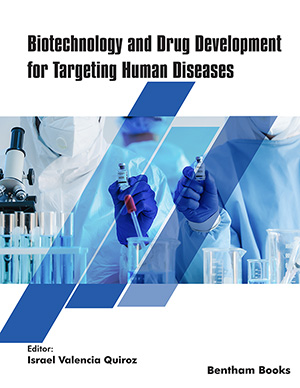Abstract
In the course of its evolution the neoplastic disease is characterized by changes of the immune system and energy metabolism which deeply affect patient clinical conditions so much so that in some cases they are responsible for patients death. Several symptoms are associated to these events and involve various organs and systems: anorexia, nausea, weight loss (with reduction of lean mass and adipose tissue), enhanced increase of energy metabolism with changes of the glucidic, lipidic and protein metabolism, fatigue, immunodepression, anemia. It is difficult to establish the precise moment when such changes actually start, but it could be hypothesized that they are the consequence of the interactions between the tumor and the host. The hypothesis that the presence of the tumor and its continuous growth are responsible for the increased energy expenditure and for the progressive weight loss, has been considered the most reliable so far. The presence in the host of continuously growing neoplastic tissue justifies by itself the increased patient energy needs; it is however accompanied by energy expenditure associated with chronic activation of the immune system, trying to counteract the tumour. The metabolic scenario is thus of two systems that require a continuous supply of energy substrates, particularly glucose. Glucose oxidation is the main energy source produced as ATP. A further glucose amount is also involved for the synthesis, through the phosphate pentose pathway, of compounds with high reducing power essential for the neutralisation of reactive oxygen species (ROS) produced during the various steps of the energy metabolism. The energy metabolism in cancer patients is affected by the onset, during the disease evolution, of symptoms such as anorexia, nausea and vomiting, which prevent a normal nutrition and thus a regular supply of glucose, lipids, proteins and vitamins. Antiblastic treatments and the same molecules (cytokines) which regulate the devolpment of the tumor and the immune system functions are responsible for these symptoms. Thus the finding that patients with solid tumors in advanced stages show a severe disruption of immunologic functions characterized by cell mediated immunity deficit and elevated serum levels of macrophage cytokines and acute phase proteins is of particular interest. High serum concentrations of cytokines and inflammatory proteins are associated with high levels of ROS and low levels of antioxidant enzymes. Tumor growth and immune system activation thus determine an overall metabolic picture characterized by: -increased glucose, lipid and protein requirements;-difficulty to introduce these substances with food because of anorexia, nausea and vomiting;-resorting to glucogenesis with depletion of protein and lipid stores and thus loss of weight;-difficult use of new formed glucose because of hypoinsulinemia and/or peripheral resistance to insulin;- oxidative damage induced by ROS on DNA, membrane lipoprotein, and enzymes and coenzymes which play a major role in the regulation of the main cell catabolic pathways. These mechanisms are involved in the development of the main symptoms of advanced cancer patients, i.e. weight loss, anemia and fatigue. According to this rationale a therapeutic approach aimed to target the inflammatory and metabolic pathways altered in the advanced neoplastic disease should be developed to impact patient symptoms and quality of life.
Keywords: immune System, metabolism, tumor, neoplastic tissue, chronic activation, oxygen Species, Antiblastic treatments, cancer, enzymes, coenzymes




























